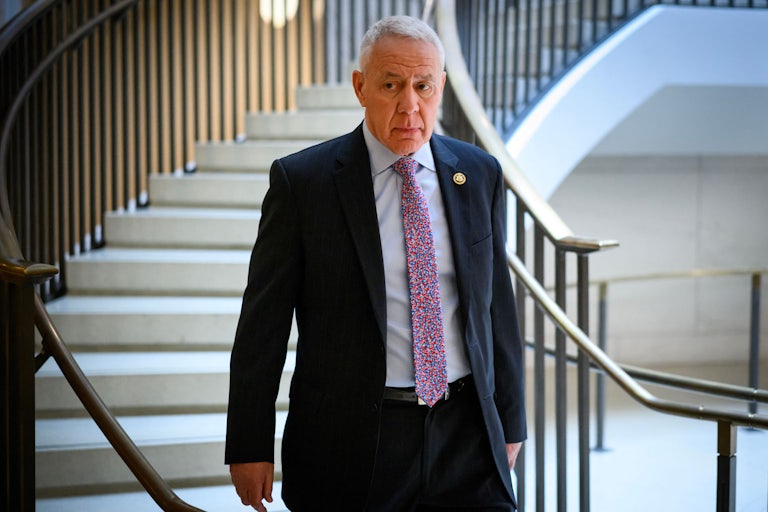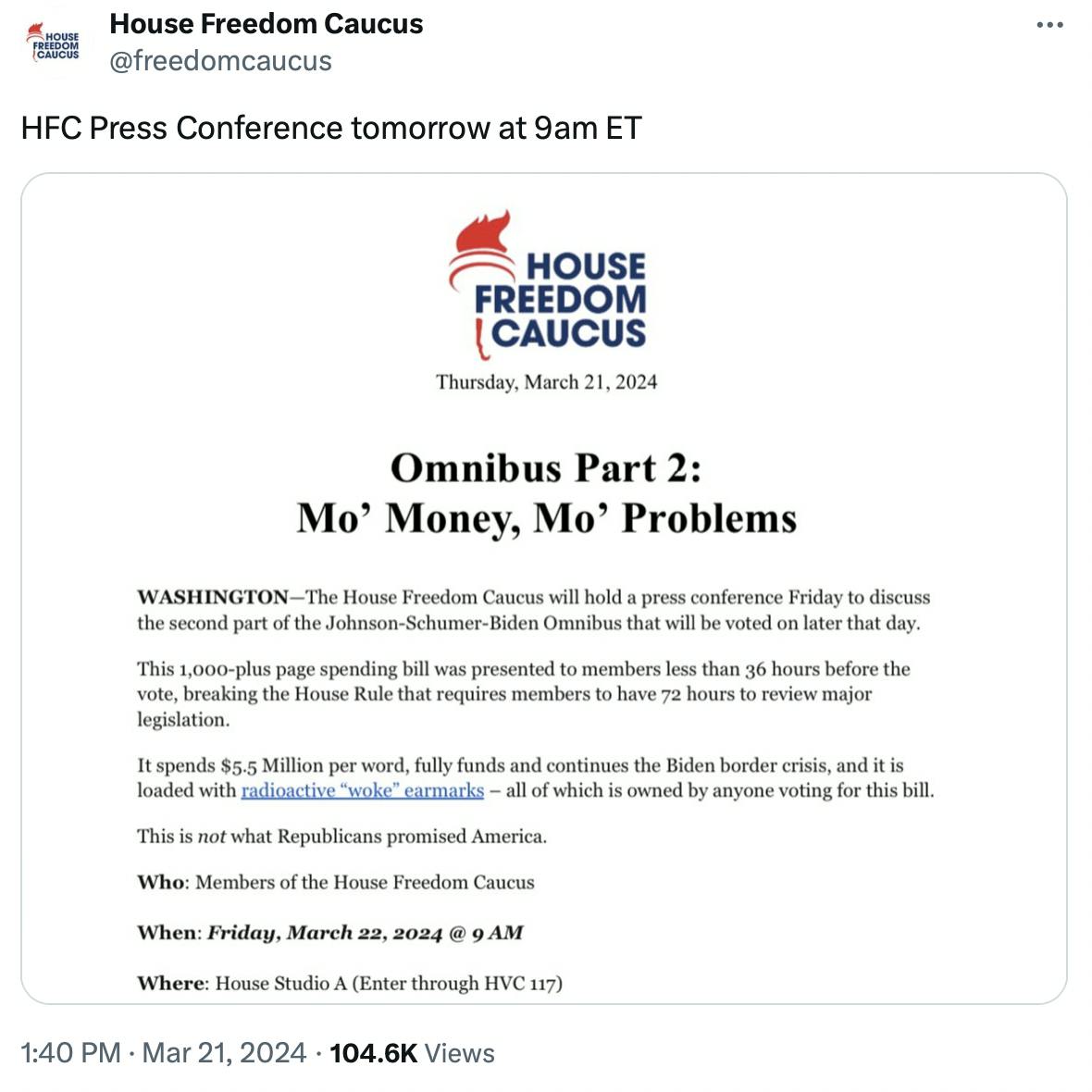Idiot Trump Confesses He Actually Has the Money to Post Bond
Donald Trump is close to the deadline to post bond in his fraud trial—and he’s screwing himself over even more.

After having reached out to several guarantors and 30 suretors for help posting his $464 million New York bank fraud bond, Donald Trump suddenly wants everyone to know he actually does have the cash.
In a bizarre rant on Friday morning, the man who was found to have defrauded banks and investors by overvaluing himself and the value of his properties claimed that he had accrued the wealth by way of “HARD WORK, TALENT, AND LUCK.”
Trump also admitted he has nearly half a billion dollars in cash.
The confession directly contradicts a filing from his legal team last month arguing that it would be “impossible” to secure a bond covering the full amount of the multimillion-dollar ruling.
Trump’s words will surely help out New York Attorney General Letitia James, who on Wednesday urged an appeals court to ignore Donald Trump’s latest effort to worm his way out of paying the $464 million disgorgement from his bank fraud trial.
The former president has until Monday to pay off the half-billion-dollar disgorgement—and if he doesn’t, James can begin taking steps to seize his assets to cover the debt, including 40 Wall Street and Trump Tower.
But Trump is juggling more than the fine deadline. Paying out of pocket could potentially put a major Wall Street deal on the line for the former president, as well. On Friday, investors in Truth Social are expected to sign off on a deal that would allow the company to go public, potentially offering a gigantic financial windfall for the GOP presidential pick. In a public version of the company, which would begin trading in just a few weeks, Trump would own at least 58 percent of the shares—a stake valued at $3 billion, reported Politico.
It would, however, trip him up in the short term. In order to begin the process, Trump would need to tie up his shares of the company in a lock-up agreement for the next six months, and any potential off-loading by the former president could be seen as cataclysmic to a deal that rides on his involvement.









